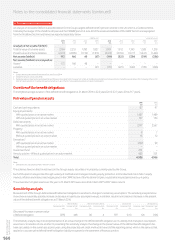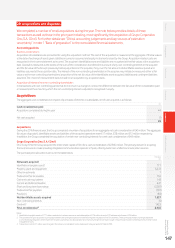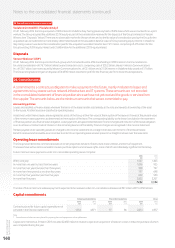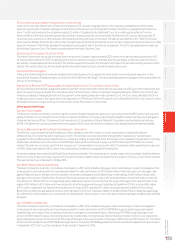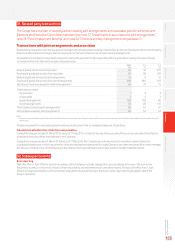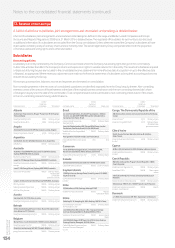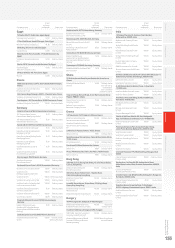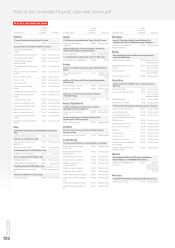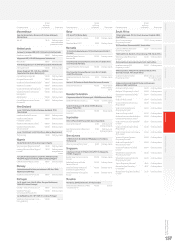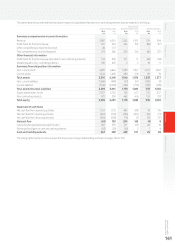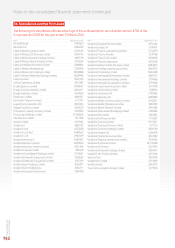Vodafone 2016 Annual Report Download - page 154
Download and view the complete annual report
Please find page 154 of the 2016 Vodafone annual report below. You can navigate through the pages in the report by either clicking on the pages listed below, or by using the keyword search tool below to find specific information within the annual report.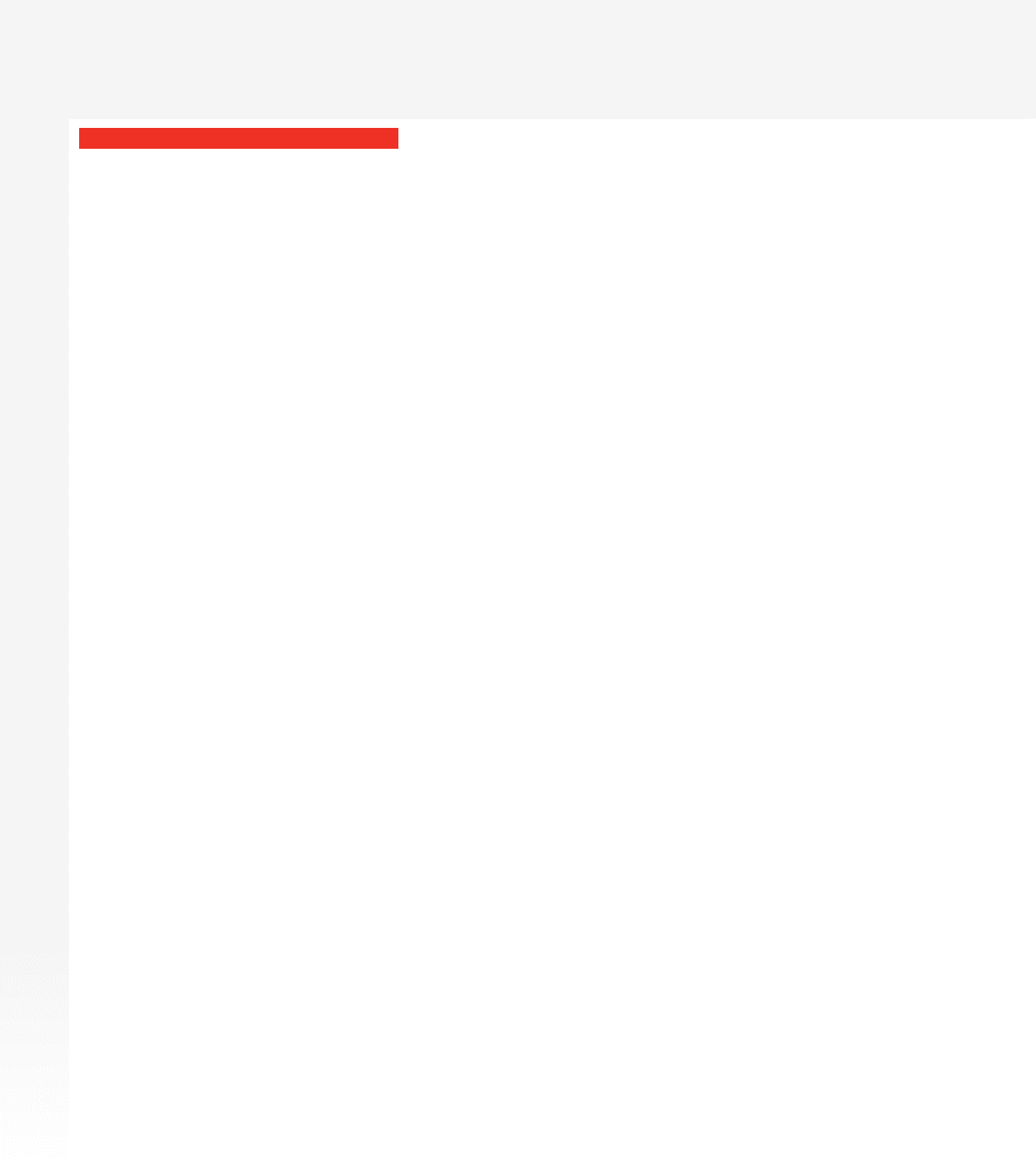
Vodafone Group Plc
Annual Report 2016
152
30. Contingent liabilities and legal proceedings (continued)
Italy: Telecom Italia v Vodafone Italy (Teletu)
Telecom Italia brought civil claims against Vodafone Italy in relation to TeleTu’s alleged anti-competitive retention of customers. Telecom Italia
seeks damages in the amount of €101 million. The Court decided on 9 June 2015 to appoint an expert to verify whether TeleTu has put in place
anticompetitive retention activities. The experts’ work is now underway, and the parties have been invited by the Court to consider settlement.
Greece: Papistas Holdings SA, Mobile Trade Stores (formerly Papistas SA) and Athanasios and Loukia Papistas v Vodafone Greece,
Vodafone Group Plc and certain Directors and Ofcers of Vodafone.
In December 2013, Mr and Mrs Papistas, and companies owned or controlled by them, brought three claims in the Greek court in Athens against
Vodafone Greece, Vodafone Group Plc and certain Directors and ofcers of Vodafone Greece and Vodafone Group Plc for purported damage caused
by the alleged abuse of dominance and wrongful termination of a franchise arrangement with a Papistas company. Approximately €1.0 billion of the
claim is directed exclusively at one former and one current Director of Vodafone Greece. The balance of the claim (approximately €285.5 million)
is sought from Vodafone Greece and Vodafone Group Plc on a joint and several basis. Both cases have been adjourned until September 2018,
but it is possible that Papistas may re-le his claim under the new Greek civil procedure regime (which aims to hear trials within one year).
Netherlands: Consumer credit/handset case
In February 2016, the Dutch Supreme Court ruled on the Dutch implementation of the EU Consumer Credit Directive and “instalment sales
agreements” (a Dutch law concept), holding that bundled ‘all-in’ mobile subscription agreements (i.e. Device along with mobile services)
are considered consumer credit agreements. As a result Vodafone Netherlands, together with the industry, has been working with the Ministry
of Finance and the Competition Authority on compliance requirements going forward for such offers. The ruling also has retrospective effect and
a claim has been submitted by a claims organisation, which is currently being reviewed by Vodafone Netherlands.
South Africa: GH Investments (GHI) v Vodacom Congo
Vodacom Congo contracted with GHI to install ultra-low cost base stations on a revenue share basis. After rolling out three sites, GHI stopped
and sought to renegotiate the terms. Vodacom Congo refused. GHI accused it of bad faith and infringement of intellectual property rights. In April
2015, GHI issued a formal notice for a claim of US$1.16 billion, although there does not seem to be a proper basis nor any substantiation for the
compensation claimed. The dispute has been submitted to mediation under the International Chamber of Commerce. A mediator was appointed
in September 2015 who convened a rst meeting which took place in early November 2015. A follow-up mediation meeting was scheduled for
December 2015, but has been postponed without a new date having been xed.
South Africa: CWN v Vodacom
There are various legal matters relating to Vodacom’s investment in Vodacom Congo (DRC) SA (‘VDRC‘), the most recent of which is a claim
brought by Mr Alieu Badara Mohamed Conteh (‘Conteh’) in the Commercial Court of Kinshasa/Gombe against Vodacom International Limited
(‘VCOMIL’) and VDRC. Conteh is the controlling shareholder of Congolese Wireless Network s.a.r.l (‘CWN’), a company incorporated in the DRC.
CWN is a minority shareholder in VDRC. These proceedings seek to invalidate a court decision removing Conteh as the statutory manager
of CWN, as well as the liquidation of VDRC and the payment of various sums to CWN and Conteh. The action also includes an unsubstantiated
claim for US$14 billion against VCOMIL for its alleged role in helping to undermine Conteh’s position as former statutory manager of CWN.
The Court of Appeal of Kinshasa/Gombe in December 2015 dismissed Conteh’s case against VCOMIL on the grounds of a lack of proper service
of legal process.
South Africa: Makate v Vodacom (Proprietary) Limited (‘Vodacom’)
In 2008, Mr Makate instituted legal proceedings to claim compensation for a business idea that led to a product known as ‘Please Call Me’. On 1 July
2014, the South Gauteng High Court, Johannesburg (‘the High Court’) found that Mr Makate had proven the existence of a contract. However,
the High Court ruled that the Company was not bound by that contract because the responsible director of product development and services did
not have authority to enter into any such agreement on the Company’s behalf. The High Court also rejected Mr Makate’s claim on the basis that
it had lapsed in terms of the Prescription Act 68 of 1969.
The High Court and Supreme Court of Appeal turned down Mr Makate’s application for leave to appeal on 11 December 2014 and 2 March 2015,
respectively. Mr Makate applied for leave to appeal in the Constitutional Court. On 26 April 2016, after having heard the application on 1 September
2015, the Constitutional Court granted leave to appeal and upheld Mr Makate’s appeal. In doing so, the Constitutional Court ordered that:
(i) the Company is bound by the agreement concluded between Mr Makate and the then director of product development and services;
(ii) the Company is to commence negotiations in good faith with Mr Makate to determine reasonable compensation; and
(iii) in the event of the parties failing to agree on the reasonable compensation, the matter must be submitted to Vodacom’s Chief Executive Ofcer
for determination of the amount within a reasonable time.
Negotiations between the Company and Mr Makate will commence in accordance with the order of the Constitutional Court.
Notes to the consolidated nancial statements (continued)




